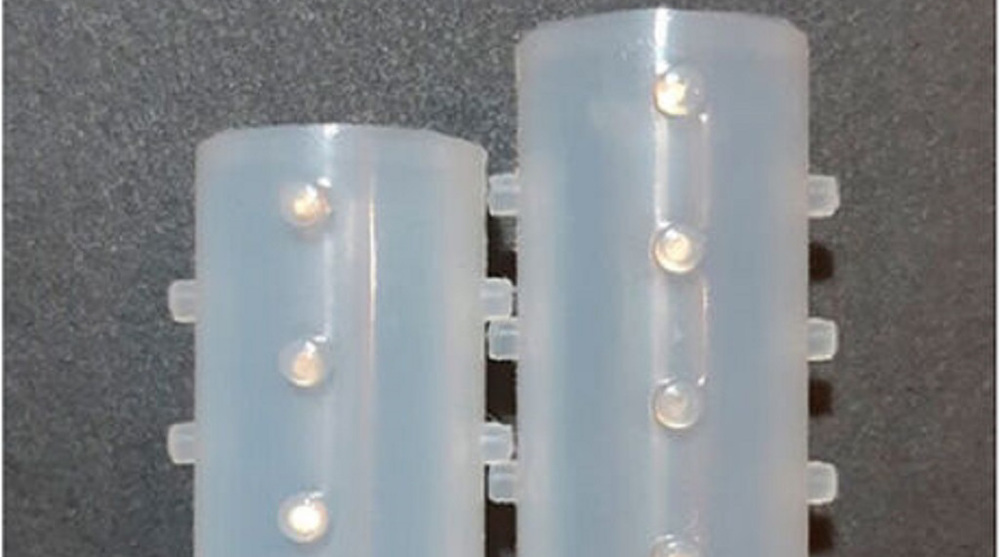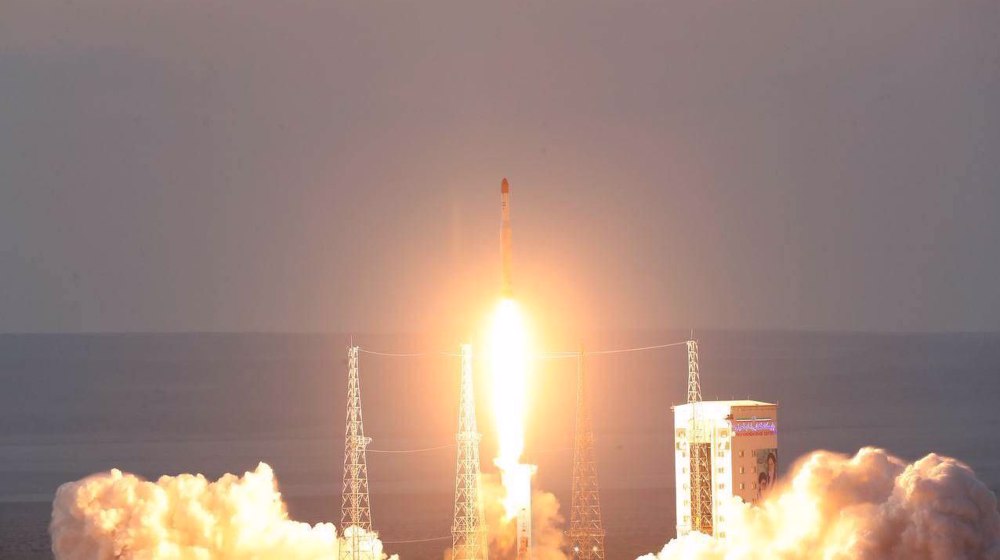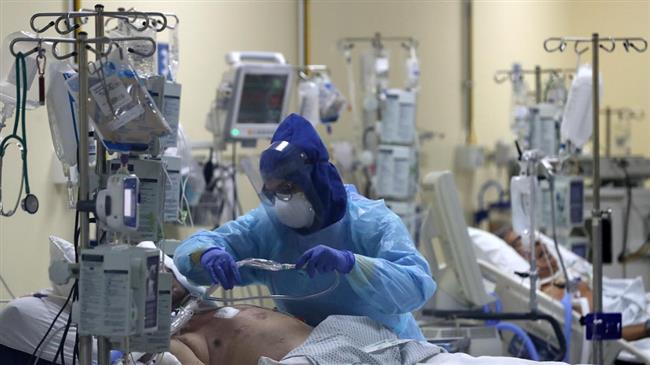Iranian experts design, produce silicone lung stents
Iranian researchers have designed and produced silicone lung stents for the first time in the country and pilot-tested them on animals.
The accomplishment was achieved in the form of a project between Tehran University’s Faculty of Mechanical Engineering, Tehran University of Medical Science and Shahid Beheshti University of Medical Sciences.
Mostafa Baghani, associate professor at Tehran University’s Faculty of Mechanical Engineering, said the production of silicone stents was put on the agenda during the COVID-19 pandemic to avert the side effects of intubation.
“In the treatment of acute stages infections with coronavirus, the intubation damages the respiratory tract. The damage can block or obstruct the respiratory system and make it difficult for the patient to breathe,” he added.
“The use of silicone stents is one of the ways to deal with the damage and the inflammation of the respiratory organs. These stents are in the form of flexible tubes that keep the patient’s air passage open and thus help them breathe.”
Baghani also noted that Iranian researchers felt the need to produce silicone stents because of their high prices as well as restrictions on importing them.
Biocompatible silicone nanocomposite was used as the primary material of the stents, which were manufactured through a vacuum molding method, he added.
The professor further said that the Iranian silicone lung stents were pilot-tested on sheep.
Italian TV exposes Israeli manipulation of EU institutions
UK anti-corruption minister Siddiq resigns over links to Bangladesh ‘embezzlement probe’
VIDEO | Indian-administered Kashmir honors Imam Ali’s legacy of justice, leadership
Israel kills female Palestinian journalist based in Gaza’s Indonesian Hospital
US lawmakers demand answers from Biden on Israeli killing of Turkish-American activist
Araghchi: Iran never left negotiation table as its nuclear program ‘peaceful’
Jan. 14: ‘Axis of Resistance’ operations against Israeli occupation
VIDEO | UNRWA’s financial crisis deepens amid support cuts











 This makes it easy to access the Press TV website
This makes it easy to access the Press TV website